|
In late August 2020, amidst a pandemic, social uprisings, and increased impacts of climate change, I had a baby. Jade Selene was born at quite a moment in our collective history. So much is happening politically, socially, and environmentally, and the pandemic has thrown how we process time for a loop. While all of this is looming so large, when Jade arrived, my world also got very small. Days are scheduled around feedings and naps and diapers. This has been such an intimate, precious time for my husband and I to be with our child, in what feels like a chaotic period in our lives. As I watch her every day, I’m struck by all of the changes that are happening in our little world. And it has made me reflect on what I have learned from her when it comes to change and whether there are any lessons for the changes taking place in our communities. I could basically copy and paste the core principles from Emergent Strategy by adrienne maree brown or the living systems principles from Kathy Allen’s book Leading From the Roots here because they also seem to be the principles of parenting. Coming up on my three short months of motherhood, here are three things that Jade has taught me so far about change: 1) Change comes in spurts: Every few weeks, Jade suddenly looks different to me. She’s bigger, heavier, more expressive, and more alert. Seemingly overnight, holding our little potato felt more like carrying a sack of potatoes. Her growth doesn’t happen on some kind of graceful, linear timeline. It happens in fits and spurts, starts and stops, not at all and then immediately. My normally calm and curious child will turn into a screaming, starving vampire for a few days, only to have grown again in that short time. And each time I turn to my husband and say, “Look at how different she looks again.” Changes in our movements, organizations, and institutions have never happened in a smooth way either. Ricardo Levins Morales recently wrote a beautiful piece called Between the Waves. He talks about the changes necessary in the police system coming in waves: That’s how it is with tides. The waves of a rising tide roll onto the sand and slide way, rise and slide. Each time (or every few times) reaching a little farther. We’re hearing it now. “The window of opportunity is closing,” we’re told, for making changes to the police system in this country. No, societal change comes on the tides, not through the window.” This framing is so helpful to me. I shouldn't expect change to come only when the timing is right. And when change feels like it is in a lull, maybe we are at a moment between the waves. 2) Little actions make big movements: Jade is constantly moving. Her wiggles are the signs of her instinct to crawl. Her little head lifts are practice for when she will start to roll over. She first started batting at toys that were dangled in front of her with clenched fists. Then she started opening and closing her fists around the toys. Now she’s grasping at all kinds of things in her reach. The gradual steps, building muscle and memory, and the constant practice leads to these milestones. One of my favorite concepts in change work is fractals. Every journey is made up of thousands of steps, and they had to start with the first one. With the urgency of issues that we are facing in the world, we desire big impacts and fast. Sometimes the way to achieve that is through small actions of many people moving in the same direction. Our election process is a good example of this. To elect representatives we trust, who will make decisions in the best interest of the country, who will actively work on the issues that are affecting our communities, we need millions of people to vote for positive change. And mobilizing those voters takes volunteers, activists, and others making phone calls, writing letters, encouraging people to vote early, or driving folks to the polls. These are all of the little actions that lead to big movements. 3) We need to embrace paradox: Before Jade was born, I wondered what kind of mother I would be. Or how being a mother would change my identity. I have sat with how motherhood makes me feel, and I feel two things very strongly, kind of like a Yin and Yang. I feel motherhood very gently. I felt soft and warm, sweet, loving, and calm. I feel kind and nurturing. I feel like a blanket. I also feel motherhood very fiercely. My feelings are sharp, focused and deep. I feel ferocious in my love for her and everything around her. Her presence has made me more ardent about issues that I used to think I already cared passionately about. These gentle and fierce opposing feelings are not either/or. They do not exist separately from each other. They exist simultaneously, twinning in my relationship to Jade and in my identity as a mother. For change to happen, we need to embrace paradox. A few weeks ago, Dr. Elizabeth Swain, co-founder and co-director of Climate Interactive, put out a short series of tweets that encapsulate this idea for the climate movement: We need individuals and systems. We need urgency and we need time. We need to do things and we don’t have to do everything. It’s both/and.
I will likely share more lessons about change the more that Jade keeps teaching them to me. Until then, I’ll leave you with the most important lesson of all: get some sleep.
0 Comments
Today, I am in Maine with three of my best friends in the whole world. We decided to travel together this summer for a short getaway where we could find peace with each other through deep conversation, time in nature, and lots of laughter. Two days ago, we met in Boston and drove up to Acadia National Park. In the car on the drive up, we spent time reconnecting, catching each other up on all of the things since the last time we talked, and excitedly making plans for our next three days. As we are all passionate about the connection between our spiritual, professional, and personal lives (and because the drive was 4 hours long!), we made time to listen to and talk about Cory Booker's interview with Krista Tippett on On Being as we made our way up north. In the interview, Booker talks about the difference between tolerance and love. He says that while tolerance sounds good on the surface, when you dig deeper it essentially means that there is still something that we find distasteful about each other that we are putting up with. Booker urges us all to move from tolerance to embracing a daring love for each other. Without love, we won't be able to find the humanity in each other nor the common ground to lead to lasting change. It reminds me of what bell hooks describes in Love As The Practice Of Freedom, although I think hooks takes the need for love even further. hooks says, "Without an ethic of love shaping the direction of our political vision and our radical aspirations, we are often seduced, in one way or there other, into continued allegiance to systems of domination--imperialism, sexism, racism, classism." If we truly love each other, then there is no way that we can or will use domination and oppression of people to inform our policies, laws, and practices; liberation for BIPOC will not be achieved without it.
What would happen to the public parks in this country if we applied a politics of love, that didn't utilize systems of domination? What kind of relationship and healing could we create with the people from whom this land was originally stolen, and how could we all have a different relationship with the land itself? These are questions that will continue to stay with me, long after we leave this place. These are questions in which I'm determined to spend my life exploring for answers. This morning, we decided to watch the sunrise on Cadillac Mountain. We spent most of last night singing around a fire, gazing up at the stars, basically howling at the moon. We got very few hours of sleep before we woke up at 3:30 am in order to make it to the top of the mountain in time to greet the sun. Cadillac Mountain is the first place in the United States to see the sun each morning. Bleary eyed but determined, we made the trek. To our slight surprise but also great joy, there were already lots of people on the mountain when we arrived. We thought, "People who are willing to wake up at this time to watch the sunrise from the top of a mountain are our kind of people." We found a spot on some rocks on the hill, listened to the murmurs of the other conversations around us, and watched the horizon in anticipation of what was to come. As we waited, one of my dear friends turned to us and asked, "What intention should we set on the sun today?" Setting intentions are a powerful way to live life with purpose. As Deepak Chopra writes, "An intention is a directed impulse of consciousness that contains the seed form of that which you aim to create." As if there were any other intention we could set that morning, we agreed on an intention of fierce love for each other, humanity, and the world. As we watched the sunrise, we pictured that intention following the sun as it shines down on the living beings on this planet. Tomorrow, we'll leave this beautiful place and take this intention with us. We'll go back to our homes, our jobs, our responsibilities. We'll leave with a new sense of commitment to practice fierce love in ways big and small. We'll remind each other of this moment and ask ourselves, "How did you love today?"
|
Archives
November 2020
Categories
All
|

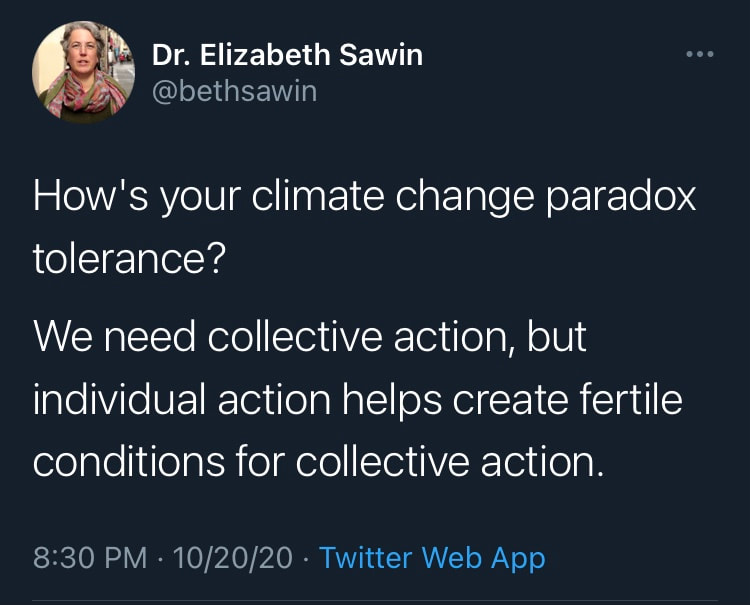
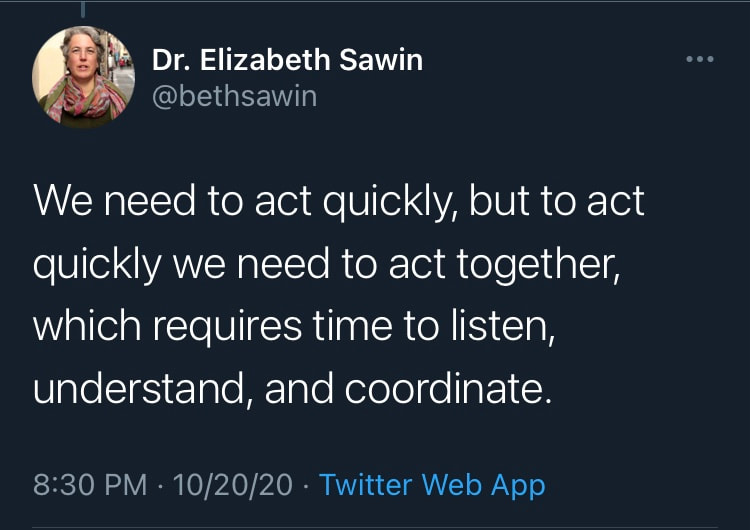
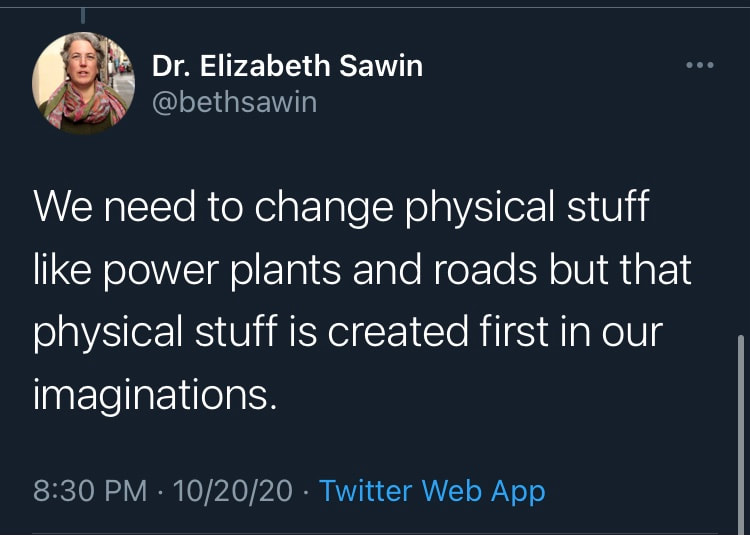
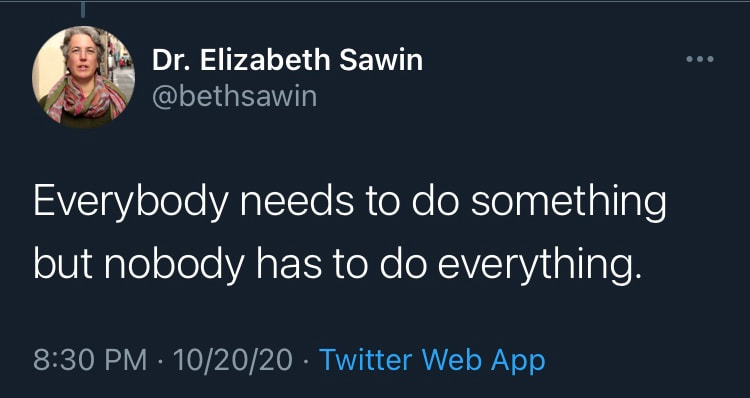

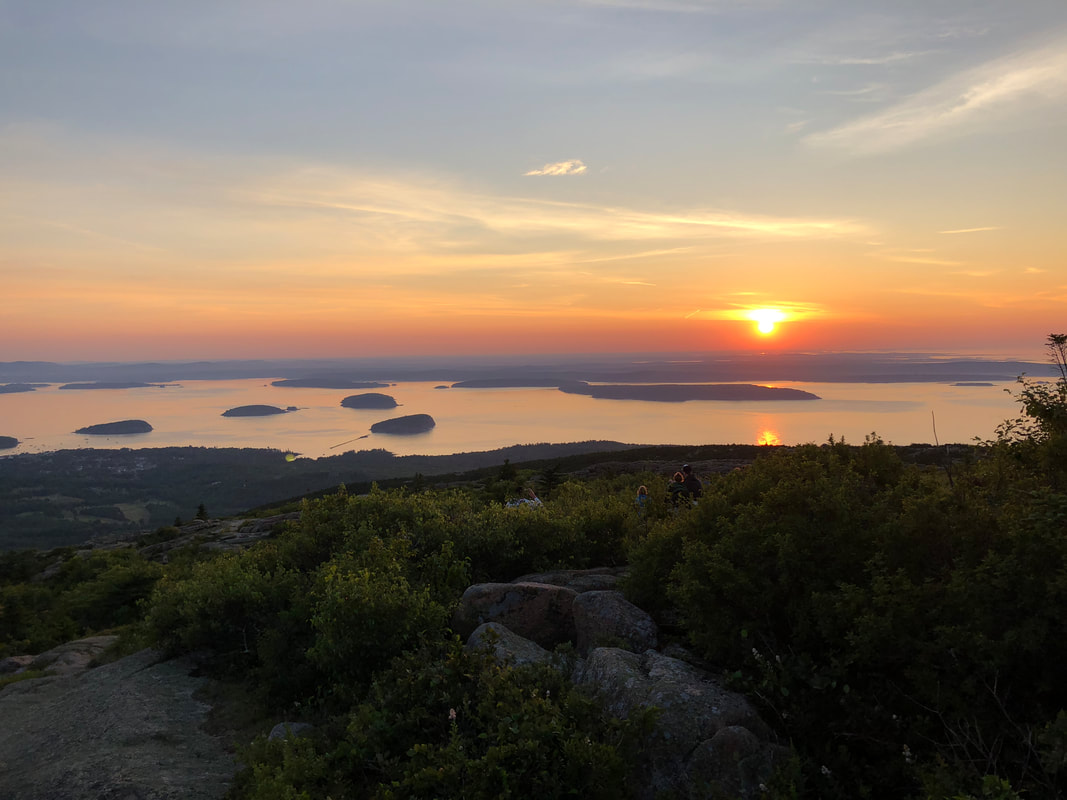
 RSS Feed
RSS Feed

